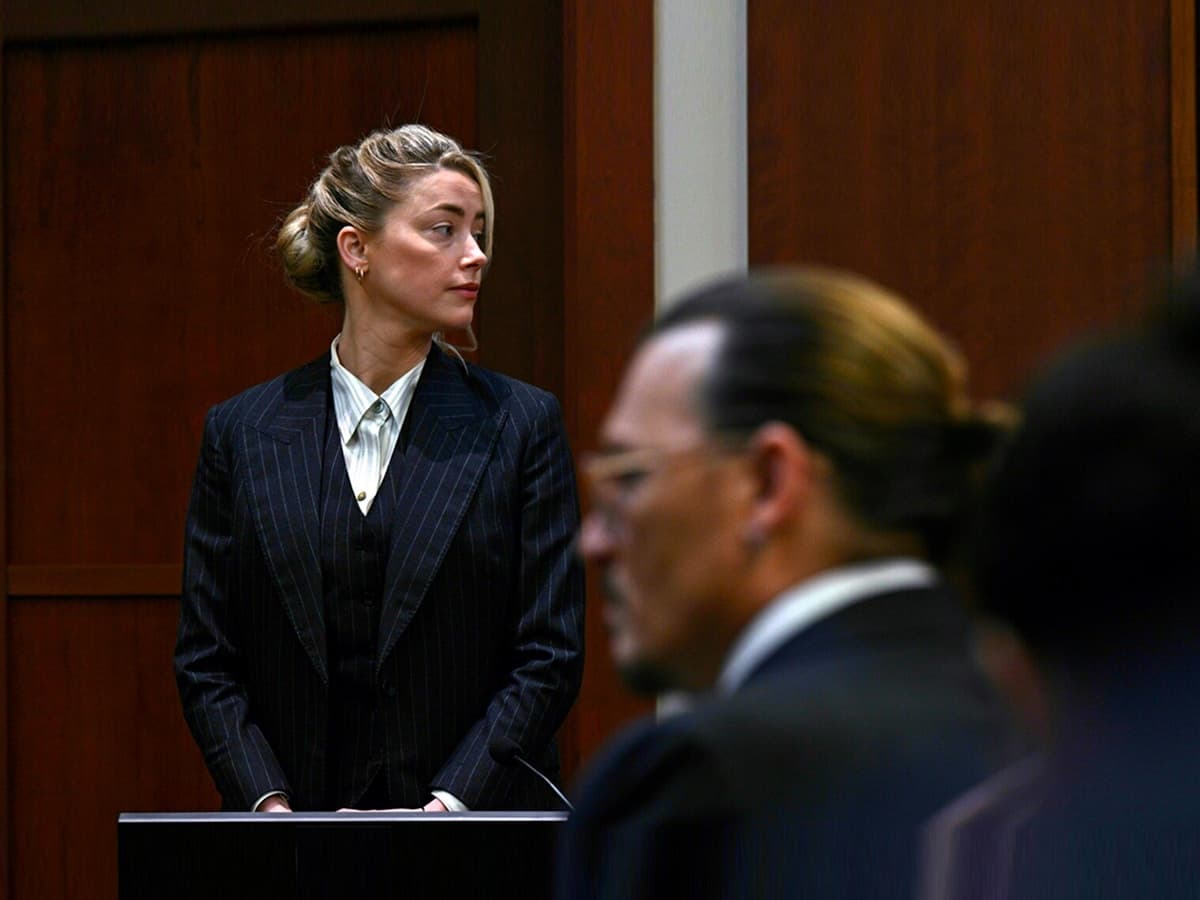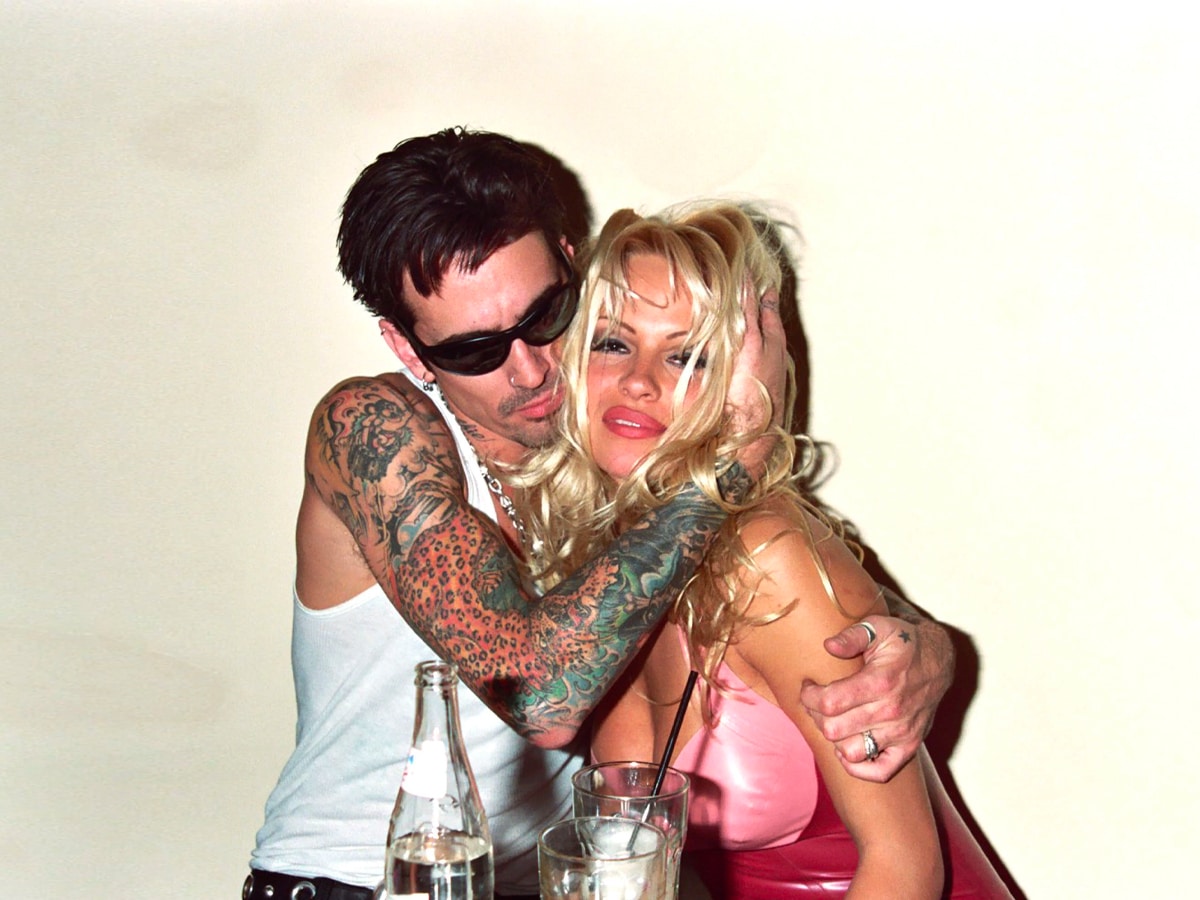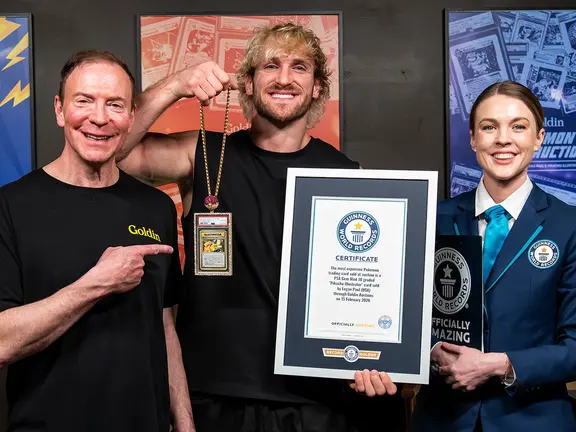
8 Tell-Tale Signs of a Toxic Relationship

Published:
Readtime: 12 min
Every product is carefully selected by our editors and experts. If you buy from a link, we may earn a commission. Learn more. For more information on how we test products, click here.
In a perfect world, every relationship would be great. Dependable, reliable and ever-present, a healthy connection can make you feel supported and heard from the very first date, helping to give you the confidence to tackle the day. However, not all relationships follow the framework of stability. In fact, if you constantly find yourself leaving conversations with friends or partners feeling worse than how you started, chances are, you’re experiencing the signs of toxic behaviour.
Often mentioned but rarely explained, the toxic relationship definition has been perverted over the years, reduced to a throw-away line pulled out when someone does something you don’t like, but there is a real issue at hand. These connections have the potential to significantly impact your self-worth and self-esteem, so if your relationship no longer feels at all enjoyable, it may be time to reassess. With the help of sensuality coach, Eleanor Hadley, we’re exploring the tell-tale signs of a toxic relationship and how to deal with toxic people.

Image: Alex Green
What is a Toxic Relationship?
Where healthy relationships often provide both parties with a framework for support and connection, toxic relationships have a far more challenging dynamic. Often one-sided, the imbalance of power can leave one member feeling withdrawn, over-whelming and negative about their role. According to Hadley, this type of behaviour can manifest in a number of different ways, however, the result is usually the same.
“A toxic relationship is characterised by behaviours that negatively impact your wellbeing.
“If we think about the word ‘toxic’ itself, it means something that is harmful to us, and sometimes even poisonous,” Hadley tells us. “In regards to behaviours found in a relationship, we can see this in actions that are intended to harm the other person, whether than be emotionally, psychologically or even physically.”

Image: Rodnae Productions
What Makes a Relationship Toxic?
One of the more challenging aspects of this dating situation is that those who exhibit toxic relationship signs and traits are often unaware they are doing so. In many circumstances, the actions are a result of past trauma or poor positive role models in their early childhood. Nevertheless, Hadley explains that having one dominant figure in a relationship will throw the balance of power out, causing disruption in the proverbial status quo.
“Most behaviours we find in a toxic relationship result from a significant lack of empathy and genuine care for the other person, along with a desire for power or control,” the dating expert explains. “For a relationship to be healthy, we need a base level of compassion and understanding which is typically missing when any of the previously mentioned behaviours are present. Often, narcissistic traits can fuel toxicity, so if one or both parties has a tendency to be overly arrogant, self-centred, manipulative, patronising or cocky, it’s likely that the relationship could turn sour as a result.”
More recently, the concept of a toxic relationship has been deeply discussed, with high-profile celebrity cases such as Johnny Depp and Amber Heard evoking global attention. The public nature of the accusations and resulting court case brought the secret lives of the rich and famous out into the open, revealing a multitude of narcissistic and combative behaviour not uncommon in a toxic relationship.
While the trial itself centred around Intimate Partner Violence (IPV), an issue that affects around 1 in 4 women and 1 in 10 men in the U.S., it did raise a fresh concerns for those watching. According to Hadley, having this kind of public interest may have caused people to take stock and reassess their own relationship foundations, not always with the greatest results.
“While the poor treatment and behaviours that came to light during the trial were rather extreme examples, I think that has certainly highlighted how badly things can escalate and the abuse that toxic tendencies can bring about,” she says. “I think too often, people can brush off some potential warning signs as just personality traits or their partner just having a bad day. But it’s important to see the red flags early and either work to repair the relationship immediately, or walk away. This trial has highlighted just how bad things can get when people lack empathy for one another and I hope it serves as a warning to anyone who might be in similar situations.”

Tommy Lee and Pamela Anderson
Signs of a Toxic Relationship
Hadley’s warning is stark but necessary. Understanding the signs of a toxic relationship can help you to avoid a future heartbreak or emotional breakdown, while also working to better improve your own behavioural traits. If you find yourself asking ‘what is a toxic relationship?’, it’s time to step back and take a holistic look at your friendships and connections. According to the dating expert, there are eight key toxic relationship signs to look out for.
1. Keeping Score
A common trait of toxic people involves the process of keeping score. As Hadley explains, this is a harmful behaviour in relationships in that breeds resentment. While it’s true that the number of actions and offerings within a relationship won’t ever really be 100 per cent equal, she says that they should certainly hover around an equilibrium.
“Essentially, keeping a tally of what you do versus what your partner does in a relationship undermines a key component that should be part of every healthy relationship: care for the others’ wellbeing,” Hadley says. “If both partners genuinely care for one another, then you are both likely putting in the work and taking your share of the load, so there’s no need to take score.”
2. Controlling Behaviour
The second sign of a toxic person is controlling behaviour. Restricting your partner’s ability to work, live or engage in society as they would normally is a key character trait that should be acknowledged.
“When one person in the relationship tries to control any part of the others’ life, such as their finances, work, social life, who they are friends with, how often they see their family, how they dress, what they eat, gets to dictate how you live your life, though some people seem to believe they have authority over their partners. This type of controlling behaviour is a strong sign of a toxic relationship.”
3. The Bad Outweighs the Good
Research suggests that for a healthy relationship, it’s important that for every one negative interaction, we need five positive interactions to counteract it. If you are finding that your relationship has more negative interactions, or leaves you feeling sad, hurt or unhappy most of the time – chances are it’s not the relationship for you.
4. Passive-Aggression and Criticism
According to Hadley, relationships should be built on a foundation of care and affection, however, this isn’t always the case. “If you find your partner is constantly criticising you (or vice versa), this can be a toxic trait that is aimed at making the other person feel small and unimportant,” she says. “Criticism can also lead to contempt, which is the #1 predictor of divorce, according to research from the Gottman Institute.”
5. Fear of Conflict
“If you feel like you are walking on eggshells around the other person and avoid bringing up healthy conversation for fear of it escalating to a fight, this can indicate you might be in a toxic dynamic,” Hadley explains. “You should feel like you can bring up relational issues and problem solve together because you both care about the relationship, and one another.”
6. Jealousy
One of the most common signs of a toxic relationship is jealousy. While it’s normal to feel jealous at times during a long-term relationship, the most pivotal factor in how this emotion plays into your well-being is how the parties react.
“If your partner is overly jealous of your relationships with others and is unfairly suspicious, this can be unhealthy. If you feel like you can’t share your wins or celebrate your success for fear that they either won’t care, or will shut you down, you may be in a toxic relationship.”
7. Emotional Blackmail
Emotional blackmail is a manipulative tactic some people use to gain power and control over their partner by making demands or threats to get what they want. They will often use blame, shame, guilt, fear or obligation in order to get their way.
“For example; if someone doesn’t want you to go out and have dinner with your friends, they may demand that you stay home. If you resist this demand, they’ll push back with guilt and pressure you by saying something like “If you really loved me, you wouldn’t go out”. This can then escalate to emotionally charged threats such as, “Well, if you go out, I might not be here when you get back”. Emotional blackmail is a rather narcissistic tendency and, if their partner gives in and complies with their demands, they now know they can use this same tactic again and again to maintain power and control.”
8. Lack of Support
Finally and perhaps the most obvious sign of a toxic relationship is a lack of support. As Hadley explains, it could be as simple as feeling as though your partner doesn’t have your back, or that they don’t care about your general wellbeing. True support can be small in nature, but incredibly important – such as taking interest in you or your life, or actively support you in your goals.

Image: Keira Burton
Toxic vs. Healthy Behavior
It’s important to remember that not all toxic relationships exist between partners. In many cases, controlling behaviour and emotional blackmail can be key weapons utilised by parents on their children, so while we’re generally looking at the traits of toxic people through a dating lens, there can be similarities across the board.
| Toxic Behaviour | Healthy Behaviour |
|---|---|
| Jealousy | Secure |
| Emotional blackmail | Selfless |
| Minimising emotions | Encouraging |
| Lack of empathy | Tolerant |
| Distrust | Trusting |
| Unsupportive | Uplifting |
Narcissists and Sociopaths
While toxic relationships may come part and parcel with toxic people, these behaviours may be a sign of a wider concern. Certain people, such as narcissists and sociopaths have a tendency to feed off other people’s attention and admiration, which can lead to some pressing issues in a relationship setting.
For example, narcissists often feel the need to point-score and ‘one-up’ those in the conversation, a key indication that they aren’t supportive or empathetic to the concerns and feelings of those involved. This can lead to gaslighting, intentionally putting you down or any number of other negative behavioural traits. If you want to know more about the signs you are dating a narcissist, you can read our full guide.

Image: John Phillips/Getty Images for BFI
How to Deal with a Toxic Relationship
If you do find yourself in a situation that you deem as toxic, it may be time to make a change. While it’s simple enough to say that you can just walk away, the emotional attachment and earned trust can be hard to leave behind. It’s important to note that a number of toxic relationships occur between long-standing connections, such as partners, best friends or partners. These relationships can fester over time, building resentment and challenging your perceptions of what is a positive friendship. Worse, it can be nearly impossible to restore trust in these relationships, however, it’s not impossible. According to Hadley, if you are in a toxic relationship, you only have two real options – commit to repairing the relationship, or walk away.
“A relationship cannot be repaired solely by one person – it’s a two way street and both people must be committed to change and growth in order for it to heal. And so, if one or both people aren’t willing to take responsibility for their role in the relationship becoming toxic, that’s a sign that it’s beyond repair,” she says. “It may sound harsh to just leave in this situation, particularly if despite the toxicity, you still love one another. But the success of a relationship goes beyond love. You need mutual care, empathy, trust, compassion and support for a relationship to last. So, if you aren’t getting these things and you or your partner aren’t willing to grow, it might be time to let go.”
If this article has raised any concerns for you, please contact Lifeline Australia at 13 11 14 for crisis support and help. For more mental health resources, see our Mental Health Hub.
General FAQs
A toxic relationship is one where you may feel unsupported, minimised or attacked for your own opinions, emotions and interests. Toxic people have the potential to challenge your confidence, which may impact your self-esteem and self-worth. Generally, a toxic relationship can be described as one that makes you feel worse rather than better.
There are many signs of a toxic relationship, however, there are certain behavioural traits that are common. Namely, keeping score, controlling, minimising emotions, passive aggression, emotional blackmail and jealousy are the six major actions to look out for.




























Comments
We love hearing from you. or to leave a comment.